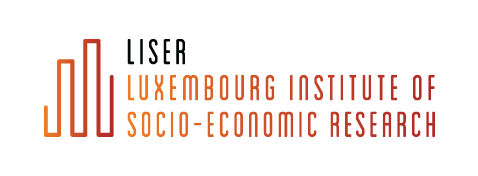Research output per year
Research output per year
| Acronym | SusDens |
|---|---|
| Status | Finished |
| Effective start/end date | 1/03/20 → 29/02/24 |


Research output: Contribution to journal › Article › peer-review
Research output: Chapter in Book/Report/Conference proceeding › Chapter › peer-review
Research output: Contribution to journal › Article › peer-review
Research output: Contribution to journal › Article › peer-review
Research output: Contribution to journal › Article › peer-review
Research output: Contribution to journal › Article › peer-review
Research output: Contribution to conference › Abstract › peer-review
Research output: Chapter in Book/Report/Conference proceeding › Chapter › peer-review
Research output: Chapter in Book/Report/Conference proceeding › Conference contribution › peer-review
Research output: Contribution to journal › Article › peer-review